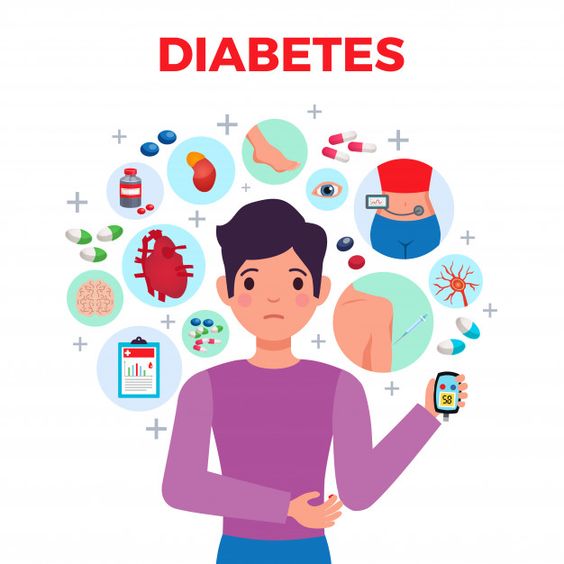
How long persistent COVID-19 does related loss of smell last in patients?
October 11, 2021
Impact of COVID-19 Pandemic on the mental health status of the Youth.
January 18, 2022Reviewer: Dr Abid
Pregnancy is the time during which an offspring develops inside a woman or in other words it is the beginning of a new life and motherhood.
The pregnancy or gestational period is divided into three trimesters (one of three terms) each of approximately three months; the first trimester comprises weeks 1 to 12; the second trimester lasts from weeks 13 to 27; the third trimester comprises weeks 28 to 40. A full-term pregnancy on an average lasts for about 40 weeks.
During the period of pregnancy, a woman experiences a variety of changes in her body and encounters different issues, especially this can be overwhelming if this is her very first pregnancy. Thus, it is vital to inform the women regarding issues related to pregnancy and where required, to provide pre-natal care i.e. a mother and a developing baby should be monitored during the gestational period to avoid pregnancy-related complications.
Some of the most common pregnancy-related complications may include conditions such as; gestational diabetes, high blood pressure, preeclampsia, pre-term labour, etc.
Gestational diabetes: It is characterised by high blood glucose or sugar levels that develop during pregnancy and usually disappear after delivery of the baby. It is an issue of concern as it can lead to several problems both for baby and mother.
High blood pressure during pregnancy or gestational hypertension: Heart rate of the mother increases during pregnancy and it is not fully understood how blood pressure changes occur in a healthy pregnancy. A woman’s blood pressure should be monitored throughout the pregnancy; and if a pregnant woman suffers with high blood pressure, then it should be well managed during pregnancy to avoid serious health complications for both the mother and the developing baby.
Pre-eclampsia: it is a condition in which a pregnant woman who previously had normal blood pressure suddenly develops high blood pressure and protein in her urine or other problems after 20 weeks of pregnancy; women who had pre-existing high blood pressure before pregnancy can also develop pre-eclampsia. Pre-eclampsia could lead to life-threatening health complications.
Preterm labour: It is the labour that starts before 37 weeks of pregnancy.
It is crucial to educate a woman regarding how to make healthy choices during pregnancy, as it would help both herself and the growing baby; she should follow a healthy diet plan, avoid stress, exercise regularly, avoid alcohol and smoking, etc.
Many women of reproductive age consume caffeine daily. In the United States, observational studies have been conducted, one of which included 2802 pregnant women; the objective of the study was to determine whether caffeinated beverage intake could be associated with cardio-metabolic complications during pregnancy (i.e. gestational diabetes or GDM, gestational-hypertension or high blood pressure, preeclampsia).
The study used data from the NICHD Study (National Institute of Child Health and Human Development Studies 2009-2013); the average age of the participants of the study was 28 years.
Moreover, during the studies total caffeine intake was estimated at 10 to 13 gestational weeks and 16 to 22 gestational weeks based on self-reported past week intake of caffeinated beverages such as coffee, tea, soda, and energy drinks. Plasma (blood) caffeine and para-xanthine levels were measured in specimens collected at 10 to 13 weeks.
The findings of the study revealed that low and moderately caffeinated beverage intake early in the second trimester within current guidelines of less than 200 mg per day were associated with a lower risk of GDM, lower glucose (sugar) levels at GDM screening, and had a more favourable cardio-metabolic profile when compared with no consumption.
However, caffeine consumption was not associated with gestational hypertension or preeclampsia; the findings may be reassuring for women with moderate caffeine intake.
REFERENCE:
Assessment of Caffeine Consumption and Maternal Cardiometabolic Pregnancy Complications
https://jamanetwork.com/journals/jamanetworkopen/fullarticle/2785784



